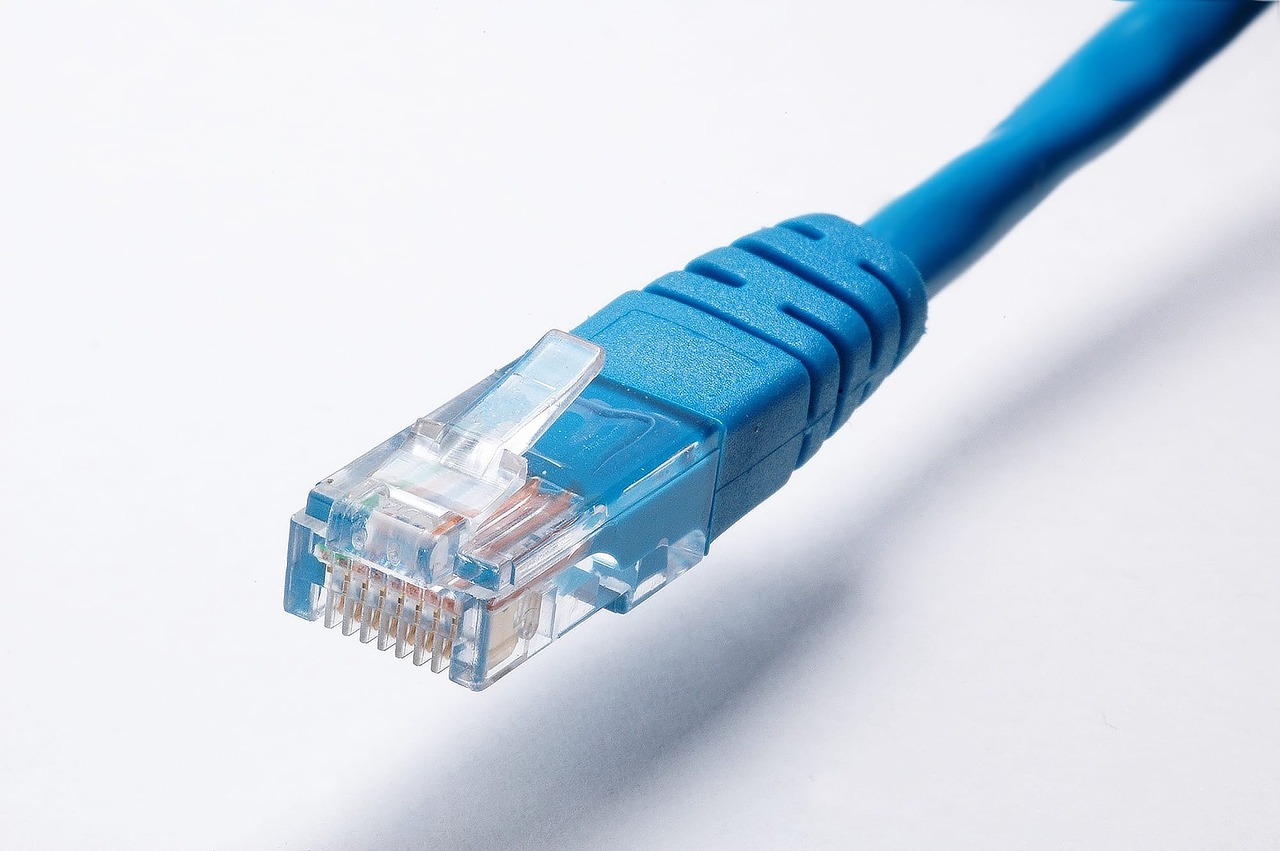Home / Handy Tips /

Did you know that a wired internet connection is faster and more reliable than Wi-Fi? Well, it’s true.
That being said, wired connections are not always practical, especially if you have a household full of eager internet users.
In this article, we’ll look at Wi-Fi vs Ethernet, in terms of speed, latency, and reliability. Then, we’ll suggest a few situations in which opting for a wired connection is a practical, beneficial decision.
Let’s get right into it.
Wi-Fi vs Ethernet: Speed
Right off the bat, an Ethernet connection is faster than a wireless connection – there are no two ways about it. The question, then, is this: just how much faster are Ethernet connections?
Most of the time, only marginally faster than wireless.
Wi-Fi has improved a lot over the years, and now supports speeds of over 800Mbps. Although the majority of us do not experience (or need) such incredible speeds in the real world, Wi-Fi’s enhanced capability means it’s now fast enough to handle just about every online task.
Ethernet, on the other hand, can theoretically deliver speeds of up to 10Gbps. That doesn’t mean your Ethernet connection will perform at these levels – your connection is still limited by the speed offered in by your internet service provider in your area. And in Australia, you’re looking at an average speed below 25Mbps.
One advantage of an Ethernet connection, however, is consistency. Ethernet connections tend to deliver a constant speed, whereas Wi-Fi speeds jump around throughout the day.
Finally, it’s worth mentioning the boost in speed that Ethernet can offer when transferring information on a local network. For example, if you have multiple devices connected to an NAS device or shared hard drive, backups will be much faster.
Wi-Fi vs Ethernet: Latency
Latency is the delay or ‘lag’ before a transfer of data begins following an instruction for its transfer. Latency is often referred to as ‘ping.’
If reducing latency is a key concern – which it is for many online gamers – a wired Ethernet connection is definitely the way to go.
If you use the internet primarily for streaming videos, checking your email, reading the news, and browsing Facebook, latency won’t be much of a concern.
Wi-Fi vs Ethernet: Interference and reliability
An Ethernet connection experiences less interference and is more reliable than Wi-Fi. Things like your home’s layout, your modem, your neighbours’ networks, and the number of connected devices will interfere with wireless connections. This can result in a number of issues, including:
- Sometimes your devices will lose signal completely.
- Higher latency. Interference can increase latency.
- Slow speeds. Interference can also slow down speeds drastically.
When to opt for an Ethernet connection
Although it may seem like an Ethernet connection is the best option, properly installed Wi-Fi can still offer excellent speeds and superior convenience. Plus, there are many situations in which using an Ethernet connection just doesn’t make sense:
- If you tend to move your device around often
- If you connect to the internet via a mobile device, such as a smartphone or tablet
- If your laptop doesn’t have an Ethernet port. You can buy Ethernet adaptors, but excess peripherals can be annoying
There are some situations, however, when opting for a wired internet connection is definitely a better option:
- If you use a desktop computer
- If you want faster communication between devices on your local network
- If you play online games, and want the best possible speed, reliability, and latency
Both Ethernet and Wi-Fi have their benefits. Whether you should opt for one over the other depends on your unique circumstances.
Get help with your internet connection
If you would like help optimising your Wi-Fi, or would like a professional to setup an ultra-reliable Ethernet connection, get in contact with our team today. Phone on 1300 553 166 or fill out the form on this page.








Leave A Comment